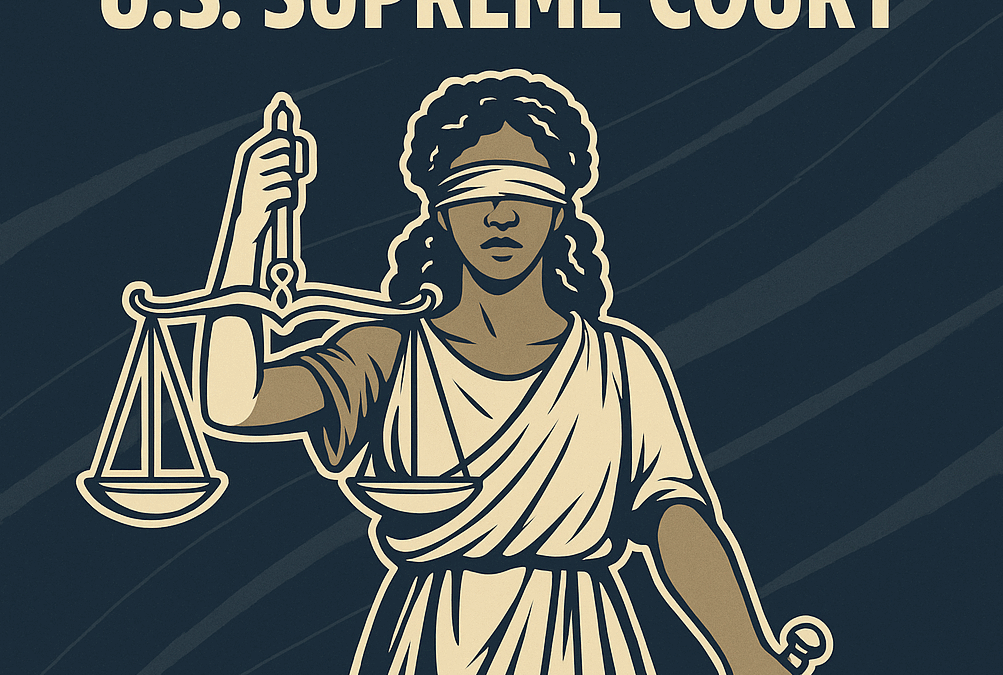N.C. NAACP, N.C. Association of Black Lawyers, and N.C. Advocates for Justice join brief
By Emancipate NC Senior Counsel Ian Mance
For 50 years, Emancipate NC has stood steadfast against the use of capital punishment and the pervasive practice of race-based jury discrimination in our legal system. Earlier this week, the organization filed an amicus curiae (“friend of the court”) brief in the U.S. Supreme Court in support of petitioners Bryan Bell and Antuan Sims, asking the Court to review a decision by the Supreme Court of North Carolina, which denied both men relief for jury discrimination, something no one disputes occurred at their joint capital trial. In a concerning decision that, if undisturbed, serves to insulate instances of confessed discrimination from judicial review, the North Carolina court held that Bell and Sims were procedurally barred from having their claims reviewed.
Emancipate was joined on its brief, which was authored by Senior Counsel Ian Mance, by three other NC-based legal and civil rights organizations, the North Carolina NAACP, N.C. Association of Black Lawyers, and N.C. Advocates for Justice who regularly advocate and litigate in cases involving discrimination in the courts. The organizations’ brief, which is available here, makes a number of arguments as to why the nation’s highest Court should intervene.
First, the brief asserts that defiance of Batson and J.E.B., the Court’s landmark rulings against race- and gender-based discrimination in jury selection, is deeply ingrained in prosecutorial culture in North Carolina. As evidence, it recites, among other things, instances of the Conference of District Attorneys distributing Batson “cheat sheets” to its members and discussing how to avoid race-claims being heard by Black judges.
Second, the brief asserts that the District Attorney in Bell & Sims, Mr. Gregory Butler, has a history of racial discrimination, both in words and deeds, as dramatic as the prosecutors in other capital cases in which the U.S. Supreme Court has intervened. In Mr. Bell’s and Sims’ case, for instance, Mr. Butler referred to the defendants as “predators on the African plain” in his closing arguments.
Finally, the brief argues that, of the 25 most populous states, North Carolina—the ninth largest—is the only state to never grant meaningful relief for a Batson or J.E.B. violation. Alabama, by contrast, has reversed nearly 100 criminal convictions for race-based jury discrimination since Batson was decided in 1986. The brief offers theories as to why that is, including the extraordinary calendaring authority prosecutors in the state have relative to almost every other state.
When the case was before the Supreme Court of North Carolina, Associate Justice Anita Earls wrote she could not “discern what Bell or his counsel could have done differently to achieve relief under our precedent”—a body of law, she said, that had “effectively overruled Baston and J.E.B. for post-conviction relief.” In its brief, Emancipate NC, along with the NAACP, NCABL, and NCAJ, reminded the U.S. Supreme Court that North Carolina’s high court does not have authority to overrule federal precedent and noted that the consequences of permitting it to do so—to criminal defendants, prospective jurors, and to public confidence in the courts—are significant.
